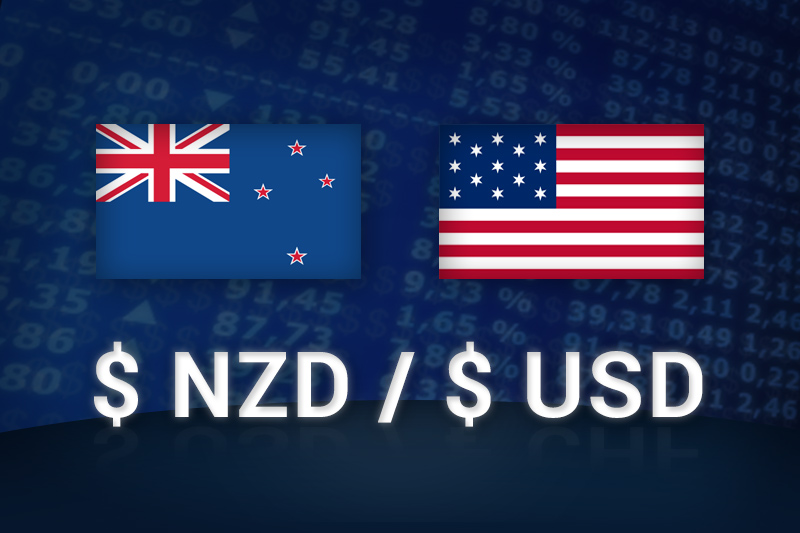Investing.com - The New Zealand dollar traded higher against its U.S. rival during Thursday’s Asian session as traders looked away from the greenback in favor of higher-yielding fare.
In Asian trading Thursday, NZD/USD climbed 0.32% to 0.8505. The pair was likely to find support at 0.8394, the low of April 22 and has cracked through resistance at 0.8490, the high of April 19.
On Wednesday, Moody's Analytics, a unit of ratings agency Moody's Investors Service, said the Reserve Bank of New Zealand should add economic growth elements to the way it goes about monetary policy.
"The monetary policy could be altered to use nominal Gross Domestic Product as a reliable metric for prices and real activity," according to a research note published by the firm.
Moody’s also noted the strong kiwi stands in the way of New Zealand’s economic recovery. Policymakers from New Zealand’s Labour and Green parties have been urging RBNZ to alter monetary policy as a means of supporting the country’s exporters, which have long suffered at the hands of the strong dollar.
In a widely expected move, the RBNZ held the benchmark interest rate at 2.50% following Wednesday’s monetary policy meeting.
Commenting on the decision RBNZ Governor Graeme Wheeler said economic growth has accelerated but the bank remains concerned about rising home prices. RBNZ has been reluctant lower interest rates or engage in monetary stimulus, the calling cards of other developed world central banks.
Elsewhere, NZD/JPY jumped 0.37% to 84.66 while AUD/NZD fell 0.23% to 1.2110. EUR/NZD slipped 0.20% to 1.5332.
In Asian trading Thursday, NZD/USD climbed 0.32% to 0.8505. The pair was likely to find support at 0.8394, the low of April 22 and has cracked through resistance at 0.8490, the high of April 19.
On Wednesday, Moody's Analytics, a unit of ratings agency Moody's Investors Service, said the Reserve Bank of New Zealand should add economic growth elements to the way it goes about monetary policy.
"The monetary policy could be altered to use nominal Gross Domestic Product as a reliable metric for prices and real activity," according to a research note published by the firm.
Moody’s also noted the strong kiwi stands in the way of New Zealand’s economic recovery. Policymakers from New Zealand’s Labour and Green parties have been urging RBNZ to alter monetary policy as a means of supporting the country’s exporters, which have long suffered at the hands of the strong dollar.
In a widely expected move, the RBNZ held the benchmark interest rate at 2.50% following Wednesday’s monetary policy meeting.
Commenting on the decision RBNZ Governor Graeme Wheeler said economic growth has accelerated but the bank remains concerned about rising home prices. RBNZ has been reluctant lower interest rates or engage in monetary stimulus, the calling cards of other developed world central banks.
Elsewhere, NZD/JPY jumped 0.37% to 84.66 while AUD/NZD fell 0.23% to 1.2110. EUR/NZD slipped 0.20% to 1.5332.
